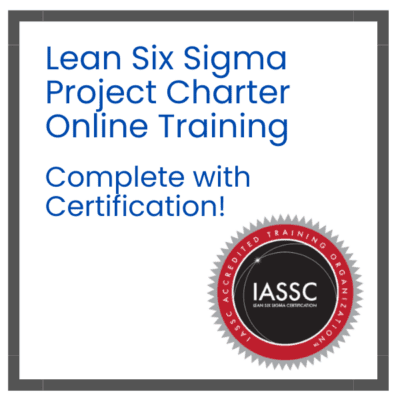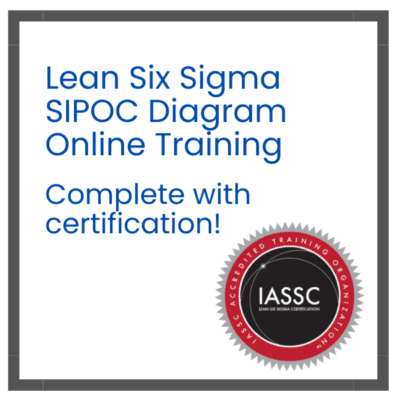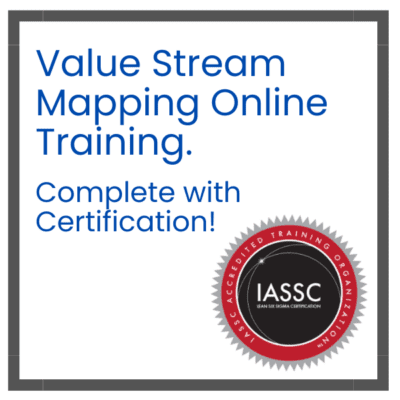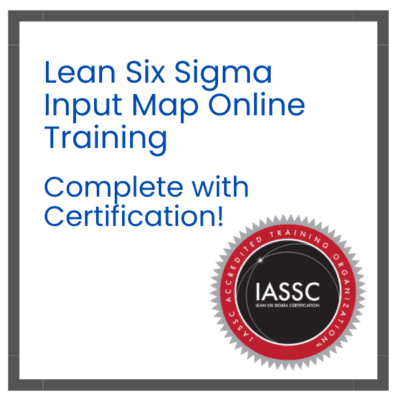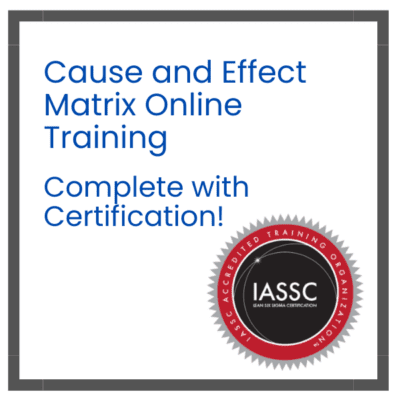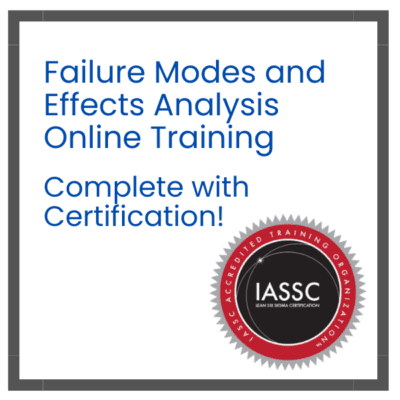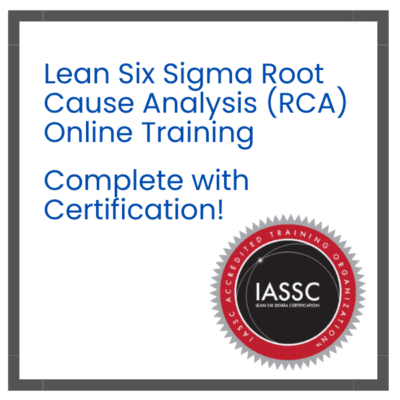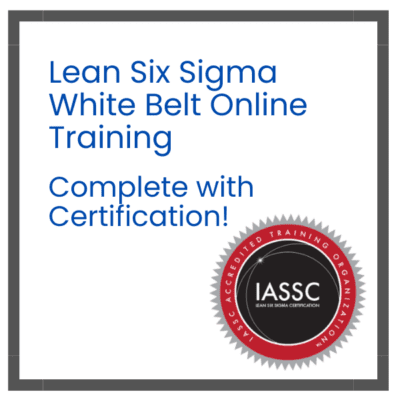What is the Executive Committee?
A governing body, an executive committee is composed of the key leaders and executives in an organization. It is a central body for decision-making, which oversees the strategic direction of an organization, its policies, and its operations.
Executive committees are composed of top-level executives, such as CEOs, CFOs, COOs, and other senior managers.
The success of organizations and their sustainable growth is largely dependent on the effectiveness of executive committees. They serve as a forum to discuss important issues, set priorities, and align an organization’s goals with its overall vision and mission.
Roles & Responsibilities
The executive council varies in its roles and responsibilities depending on the organization’s objectives and specifics. Executive committees are typically involved in the following areas:
- Strategic planning They are responsible for forming and refining strategic plans. They evaluate market trends, assess opportunities and risks, and set long-term objectives.
- Making decisions The committee makes important decisions about mergers, acquisitions, and investments.
- Performance Monitoring: They monitor the performance of the executive team and the organization in general. They review financial reports and KPIs to assess progress towards strategic goals.
- Compliance and Governance: The executive committees are responsible for establishing and reviewing policies, ensuring compliance with laws and regulations, and promoting ethical conduct and corporate citizenship.
How to improve the effectiveness of your executive committee
It is important to improve the effectiveness of an Executive Committee in order to enhance its decision-making and collaboration as well as contribute more effectively to the success of your organization. Here are some strategies to increase the effectiveness of an Executive Committee:
Outline strategic goals and objectives
Define the strategic goals and objectives of the organization and make sure that the members of the executive committee have a common understanding. The committee can then make decisions that are in line with the strategic goals and direction of the organization.
Define committee duties and authority
Clarify the roles, responsibilities, and authority of the Executive Committee. Bylaws help define the scope of the committee and provide a framework for making decisions so that members are aware of their obligations.
Encourage feedback
Encourage open, constructive feedback from committee members. Create channels where members can share their ideas, concerns, and perspectives. Be sure to emphasize the importance of diversity and give all members an opportunity to participate in discussions and decisions.
Effectively Communicate and Collaborate
Encourage effective communication and cooperation among members of the executive committee. Encourage members to communicate regularly and transparently about important information, updates, and decisions. Encourage a culture of respect and trust, in which members listen and take into account each other’s opinions.
How to conduct effective meetings
Make sure that all meetings are well-structured, productive, and focused. Distribute relevant materials and set clear objectives and agendas for each meeting. Encourage participation, and make sure that everyone has an equal opportunity to participate. You should allocate enough time to critical discussion, and decision-making while managing the time constraints effectively.











